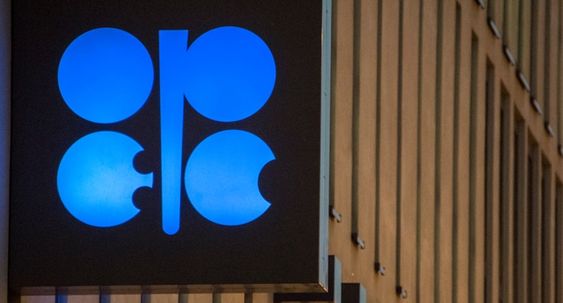Business
Nigeria’s Oil Production Increases Amid OPEC’s Struggles to Meet Output Targets

“Nigeria’s oil output is on the rise, even as OPEC faces challenges in meeting its production targets. Explore the factors behind Nigeria’s growth and OPEC’s ongoing difficulties.
According to a Reuters survey, the oil production of The Organisation of Petroleum Exporting Countries reached its lowest level since January in August.
On Monday, the survey disclosed that both the turmoil in Libya hindering its supply and continued voluntary production cuts by fellow members of OPEC+ had compounded their impact.
According to the survey, OPEC’s total output last month was 26.36 million barrels per day, which decreased by 340,000 bpd from July and marked the lowest figure since January of 2024.
Sources have indicated that a decrease in Libyan exports and production during the political rift over control of the central bank has contributed to an increase in oil prices, potentially urging OPEC+ to proceed with their output hike for October.
READ ALSO: NNPCL Considering Halting Petrol Imports as Depot Prices Approach N1,000 Per Liter”
Last month, the most significant decrease in supply was caused by Libya with a loss of 290,000 bpd.
According to the survey, production was reduced at Sharara field in the beginning of the month and other fields towards its end. This resulted in an average output of 900,000 bpd.
According to reports, Iraq experienced a decrease in exports during August and is making efforts to improve adherence with its OPEC objective.
Exports from Iran have been increasing in the recent years.
Higher output has been observed in Nigeria as well. Exports were given a boost by the slight increase witnessed in the country.
The survey discovered that OPEC exceeded its implied target for the nine members involved in supply cut agreements by approximately 220,000 bpd, with Iraq being responsible for most of the surplus.
